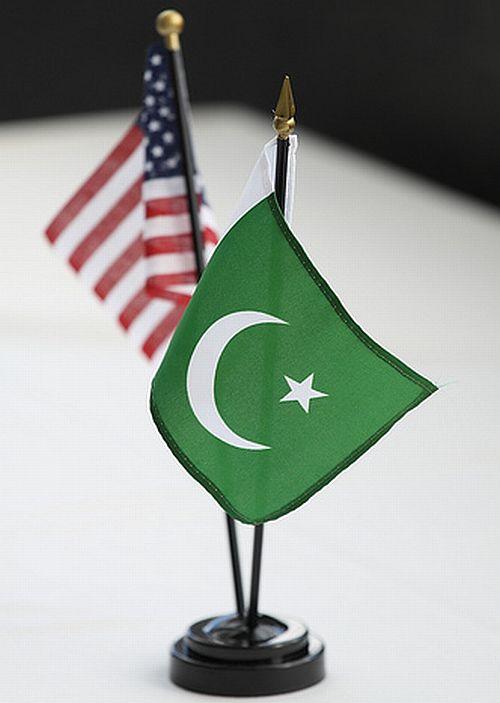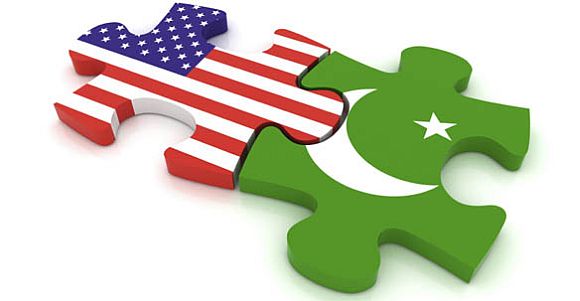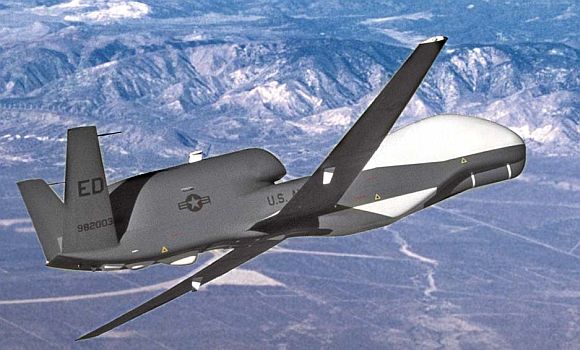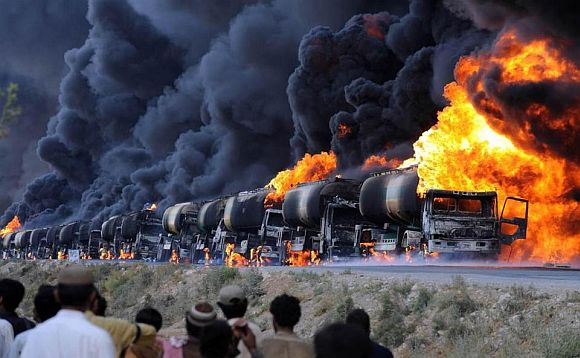
Pakistan continues to be a safe haven for terrorists and its influence in Afghanistan needs to be tackled, US military chief Gen Martin Dempsey has said, while acknowledging that his country's ties with Islamabad are in a state of mess.
"In Pakistan, the sanctuary for these militants persists. We have to work hard to end its influence on our Afghan mission," Dempsey, Chairman of the Joint Chiefs of Staff, said at the Atlantic Council, a Washington-based think tank.
Stating that the US-Pak relationship is "strained", he added: "What we are trying to do is to have some patience, we are asking them to have some patience and then we would try to get back and touch base with each other and see if we can work through it, but yes it is a mess."
The US-Pak ties plunged to a new low after the November 26 NATO airstrike that killed 26 Pakistani soldiers. The incident led to Pakistan closing NATO supply routes and asking the US to vacate the Shamsi airbase in Balochistan, which is used by CIA-operated drones.
...

Separately, the State Department called the US-Pak ties "complicated" but also essential to both the countries.
"We are working very hard to keep open channels and to get back to work together," State Department spokesperson Victoria Nuland told media persons on Friday.
US officials have been in constant touch with counterparts in Pakistan, the latest being the meeting between Ambassador Cameron Munter and Foreign Minister Hina Rabbani Khar.
"We are continuing our intensive engagement, including through the recent meeting between Ambassador Munter and Foreign Minister Khar. Obviously we are both trying to roll up our sleeves and get back to work together," Nuland said.
...

Dempsey, who has been in communication with Pakistani army chief Gen Ashfaq Parvez Kayani after the November 26 NATO airstrike, said that he has encouraged the US Central Command (CENTCOM)-led probe into the incident to get to the fact.
Pakistan's decision to block NATO supply lines reflected badly on its ties with the US, he said and indicated that the US was working on alternative routes.
"We can change the percentages of our reliance upon the Pakistani line of communication. We can adjust and we can get it done. It will be more expensive. It will be time-consuming but we have the time to do it," he said.
"The real problem for me is not the cost. What is troubling me is that they would close the route. What it says about the (US-Pakistan) relationship is troubling for us."
Pakistani army has alleged that the NATO attack was intentional and has refused to participate in the US probe. The allegation is being denied by the Pentagon.
...

"I want this investigation to have the freedom to really tell us exactly what happened," Dempsey said.
"What I want to say that this was not something that we did intentionally. Regrettably, the Pakistan military believes that we did. They do," he said in response to a question.
It is "incomprehensible to me that they believe that despite our efforts to build relationship overtime," he said.
"If you think, we did (it intentionally), I would ask you ... what in the world we will hope to gain from it? We did not do it intentionally I can say that categorically."
Dempsey said that those who were burning NATO oil tankers in Pakistan were doing little harm to the US. "When they torch fuel, it is not our fuel they are torching. We do not pay for fuel until it gets to us," he said.
He claimed the US had achieved its "intended purpose" in Afghanistan by reversing the Taliban momentum and added that a recent "loya jirga" or council of elders there sought long-term ties with the US "in a very encouraging way."
Click on MORE to go further...